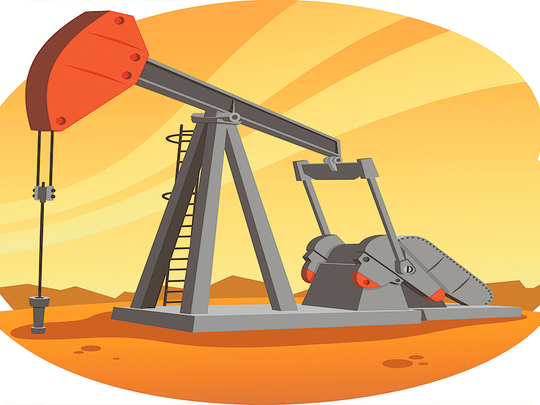
On my first trip to the Kurdistan Region of Iraq (KRI) years ago, I was markedly impressed by the relative degree of calm and orderliness that prevailed throughout the towns and villages that I visited.
While the security checks and preventive measures taken at all times were stringent, their presence almost seemed unwarranted. The metal detectors and X-ray machines on entry to buildings, the bulletproof vests in our transportation vehicles, and the round-the-clock security guards, all seemed superfluous to requirement.
However, as conflict in the region has once again escalated, the sense that I had been lulled into a false sense of security has become ever more apparent.
Since I first visited the region in 2011, I returned several more times to meet with most of the independent oil and gas companies in the region and visit most of their key assets. Back then the key European-listed independents operating in the region were Genel Energy, DNO, Gulf Keystone, and Afren.
Today, Genel Energy and DNO are still the key players while Afren has been declared bankrupt and the fate of Gulf Keystone remains hanging in the balance. Although the demise of Afren was, in large part, due to non-Kurdistan related issues, the proximity of their assets to Mosul is noteworthy and their overstatement of recoverable reserves in the region was outlandish.
While the heterogeneous nature of the geology of the region is well-known, it is less well understood and has been the principal cause of many asset write-downs. However, more concerning is the ongoing and overhanging security concern in the region, that has rendered many of the independents uninvestible for a number of institutional investors in the recent past.
The real question: Is there the prospect that this cloud will be lifted in the near- to medium-term resulting in a substantial re-rating of the key companies operating in the region?
The ongoing battle to recapture Mosul led by Iraqi forces is a clear focal point for the world at large. Its successful liberation would mark a significant milestone in the fight to re-establish control over what is considered to be Daesh’s “cultural capital”.
The city is also situated next to critical oilfields, which are a key source of revenue, as well as being one of the main trading hubs in the region. The Ain Sifni and Barda Rash fields, which used to be operated by Afren, run along what was considered to be the border of the KRI and are located within a short drive of Mosul.
Indeed, Afren’s assets in Kurdistan were due to form its next key leg of growth after Nigeria. However, the combination of some initial security concerns, followed by a complete write-off of its gross proven and probable reserves at Barda Rash, put paid to Afren’s potential growth prospects in the region.
In this regard, Afren’s fate is not unique. The collapse in the fortunes and the share price of Gulf Keystone have resulted in a similar outcome, and resulted in many retail shareholders, as well as a number of institutional ones, seeing the value of their equity collapse to nearly zero.
Therefore, do the companies that remain standing offer compelling value or are they potentially the next victims of the unfolding security and political situation and the lack of sufficient understanding of the region’s geology?
Genel Energy and DNO are both in an enviable position of being interest holders in the two of the most significant producing assets in the KRI; the Tawke and Taq Taq fields. Their presence and the continued operating of those assets is fundamental to the revenue stream required by the Kurdistan Regional Government (KRG) to continue to wage its wars and defend itself from Daesh and any other hostile neighbours.
While the presence and support of US forces has been invaluable and, arguably, pivotal in the recent campaign, it is the sustained production from such fields, which could enable the region to become financially self-sufficient on a long-term basis.
As a result, Genel Energy and DNO are far more valuable to the KRG than any other independents operating in the region. However, in terms of the pecking order for the allocation of available cash, the Kurdish forces (Peshmerga) and their military requirements must always come first. This has led to significantly delayed payments and mounting receivables which have risen to several hundred million dollars.
Genel Energy and DNO remain optimistic that these outstanding sums will ultimately be paid, but history suggests that much of this production will ultimately have been given to their host government for free in a time of dire need.
Thus, what is the true value of these independent oil and gas companies and do they represent compelling investment opportunities? The ability to accurately place a value on the existing assets is challenged.
The visibility to receiving payments for production, while it has improved over the past 12 months, is uncertain. The potential upside opportunity from additional exploration, when there is funding available for it, could be enormous.
However, for the time being the investment cases are, to my mind, binary. For many institutional investors, such companies are uninvestible.
For many retail shareholders, such companies hold the allure of an investment that could rise substantially in value over a very short period of time. Both of these assertions are valid but if one plumps for the latter option, then one must beware of the potential to lose the shirt off one’s own back.
The writer is Director at Hannam and Partners.












